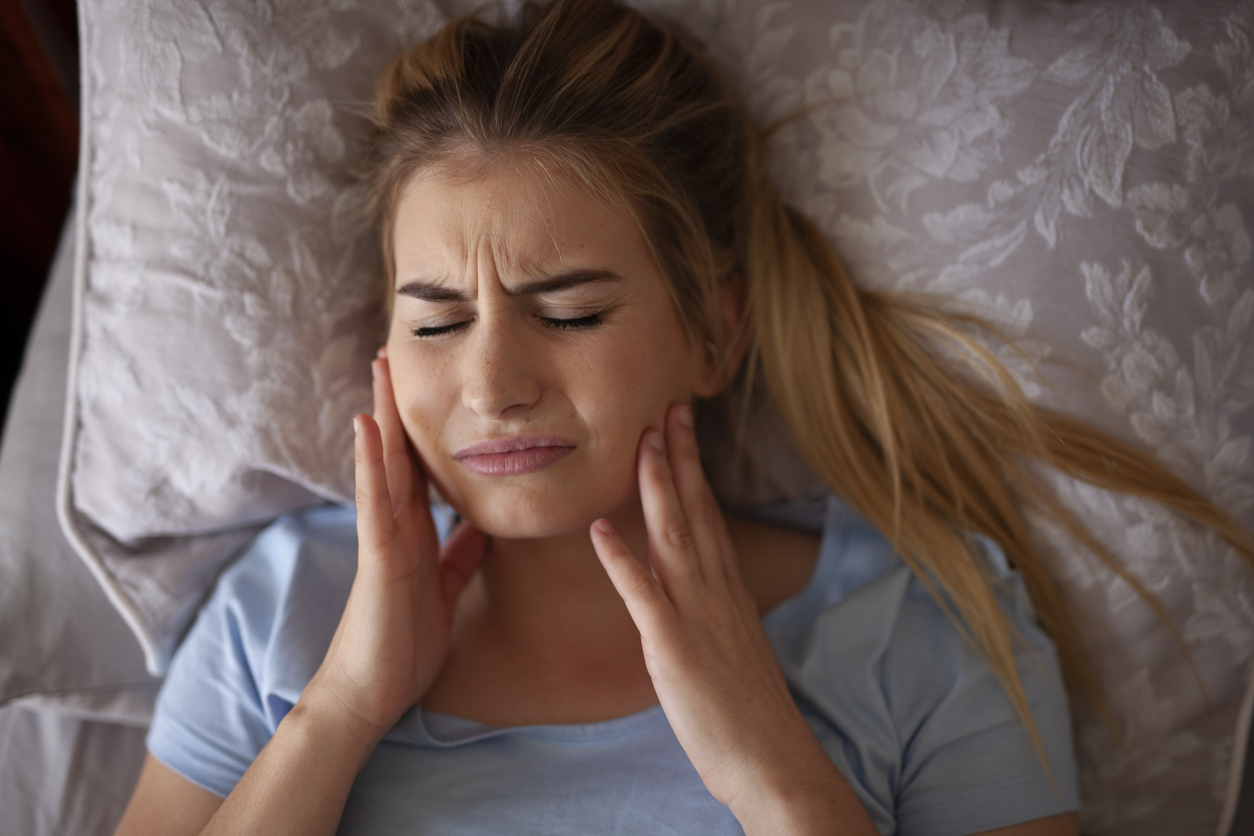In the United States and across the globe, stress is at an all-time high. According to the American Psychological Association, nearly half of parents with children under age 18 say their stress levels related to the coronavirus pandemic are “high,” ranking between an eight and a 10 on a 10-point scale where one means “little to no stress” and 10 means “a great deal of stress.” In Briarwood, Great Neck, and New York in general, families are adapting to a “new normal” where parents are also teachers, while also working from home. According to the APA, 71% of surveyed parents said that managing distance/online learning is a significant amount of stress. Many major milestones, like weddings and graduations, have been canceled, creating anxiety and sadness. Some individuals haven’t seen family members in months, and others have seen loved ones die after contracting COVID-19.
On top of all, we are entering an intense election season, having hard discussions about race, weathering wild storms, and facing an economic crisis. Understandably, many individuals are overwhelmed. And stress impacts more than just mental health. It can also creep into your mouth through bruxism.
Types of Bruxism
There are two classic types of bruxism: one happens while you are awake, and the other happens while you are sleeping. In both situations, your jaw is clenched tightly, causing your teeth to gnash and your muscles to ache. With time, bruxism can lead to cracked, flattened, or chipped teeth; tooth sensitivity; damage to crowns or other repairs; as well as painful temporomandibular joint disorders.
In recent months, stress might pop up during waking hours as you are working on a tough project, like a new budget; managing a household while also communicating with coworkers; or trying to remember basic lessons from grade school while helping your kids study. In these and other anxiety-provoking situations, you might find yourself frequently clenching your jaw as a coping mechanism. To keep bruxism in check, when you notice that you are grinding your teeth, take a beat to pause, reposition, and tackle the stressor in front of you. In some cases, it can be helpful to reach out to a mental health specialist for tips on stress reduction, mindfulness, meditation, medication, or other solutions. Taking action up front can reduce your risk of dental complications down the line.
Of course, stress can also play a part in your sleeping habits. Sleep bruxism occurs when your body is at rest. You might wake up with a sore jaw or a headache in your temples. Alternatively, if you sleep with a partner, they might alert you that you’re grinding and chewing in your sleep. This type of bruxism might be caused by factors like bad dreams, which can be linked to wakeful stress. Individuals with sleep bruxism are also at risk of having other nighttime disorders, like sleep apnea or snoring. The good news is that we can fit you with a custom mouth guard specifically created to prevent grinding.
It’s also key that parents keep an eye on bruxism in their children, who can also pick up on anxiousness, but are already prone to developing it at high rates. According to the American Academy of Sleep Medicine, around 14 to 17% of kids have sleep bruxism, and it can begin as soon as a child starts to have upper and lower teeth develop. Many children outgrow bruxism, but about one third will carry it into adulthood. Understanding these patterns early, as well as any family history of bruxism, can help prevent further dental complications down the line.
Contact Cohen Dental Care Today
We want to help treat your bruxism so you can live with less pain. To learn more about night guards and work on any damage caused by tooth grinding, fill out a contact form or give us a call. Your comfort and safety is our most important priority during these unprecedented times. To ensure your safety and health during the current COVID-19 pandemic, we have implemented new measures, procedures and will provide you with sanitization materials during your visit.

